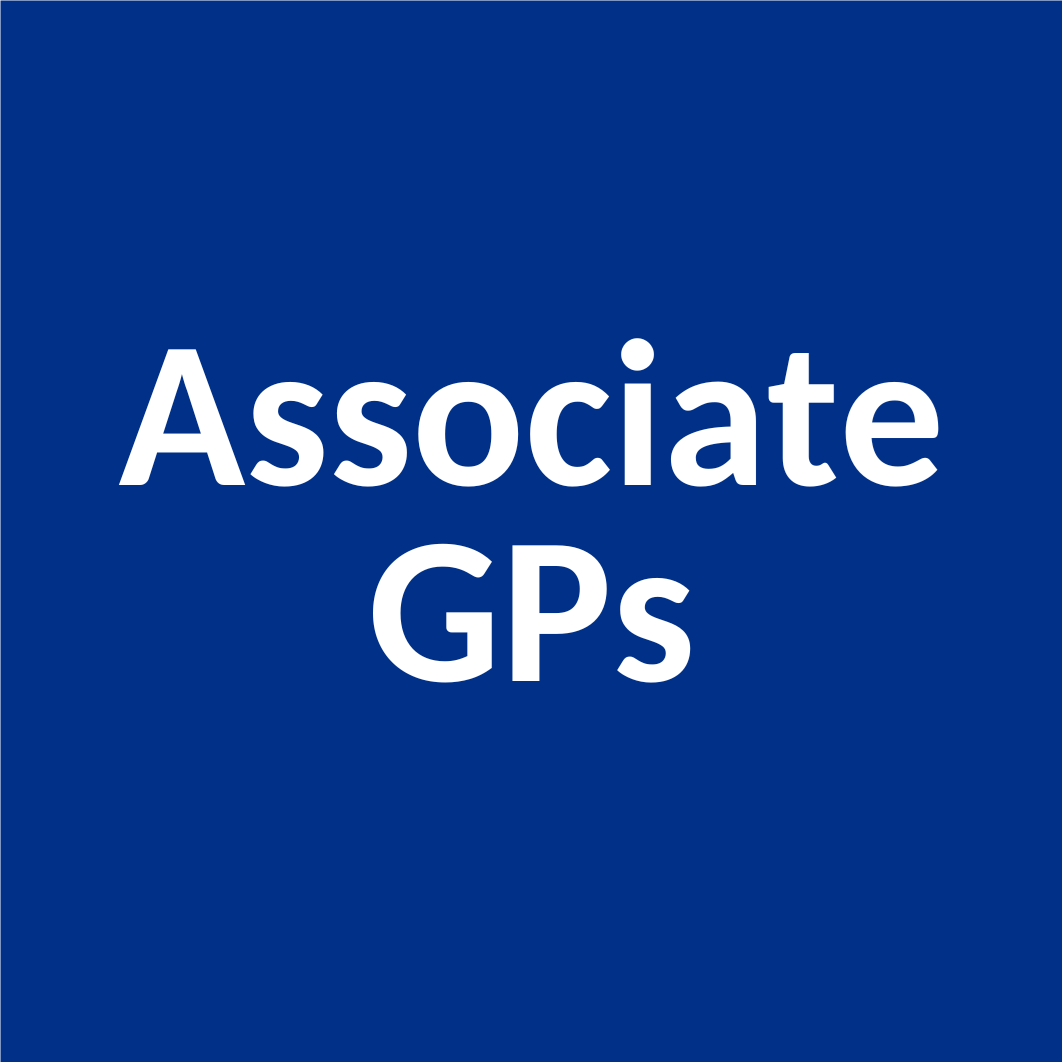Doctors Team Roles Explained
What is a General Practitioner (GP)
A GP is a highly skilled doctor who supports patients throughout their lives.
They assess, diagnose and treat all common medical conditions. A GP can help you to manage your health and prevent illness. This includes child health, mental health, adult medicine, the diagnosis and management of acute medical and surgical problems and the management of long term health conditions such as diabetes and asthma, ophthalmology (eyes), ENT (ear, nose and throat) and dermatology (skin).
Many GPs develop ‘special’ interests in specific disease areas. Some also carry out practical procedures such as minor surgery. They carry out screening for some cancers and promote general health and wellbeing. GPs act as a patient’s advocate, supporting and representing a patient’s best interests to ensure they receive the best and most appropriate health and/or social care. They refer patients to hospitals and other medical services for urgent and specialist treatment. GPs also provide the link to further health services and work closely with other healthcare colleagues
What is the Difference Between a GP Partner and an Associate GP?
A GP partner is a self-employed general practitioner who, alongside other GP's is responsible for running their own surgery.
An Associate GP is employed by a GP practice.
What is a GP Registrar or GP Trainee?
A GP Registrar or GP trainee is a qualified doctor who is training to become a GP through a period of working and training in a practice. They will usually have spent at least two years working in a hospital before you see them in a practice and are closely supervised by a senior GP or trainer
Page created: 22 December 2023


